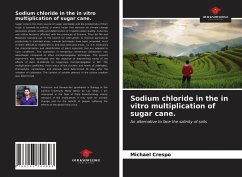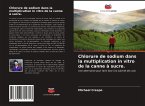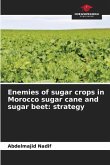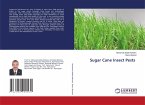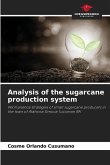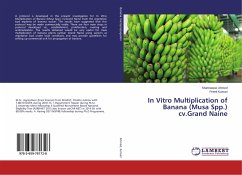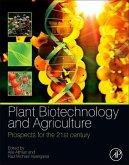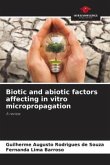Sugar cane is the main source of sugar worldwide and the productivity of their crops is harmed by salinity, a stress factor that worsens as climate change generates greater aridity and deterioration of irrigation water quality. Cuba has one million hectares affected, with the provinces of Granma, Pinar del Río and Matanzas standing out. In the search for alternatives to improve agricultural productivity in salinized areas, several techniques have been proposed, most of them difficult to implement in arid and semi-arid areas, so it is necessary the characterization and identification of plant materials that are adapted to such conditions. The cultivation in temporary immersion bioreactors has advantages compared to other micropropagation techniques. The present experiment was developed with the objective of determining some of the effects of NaCl (0-200mM) on sugarcane micropropagation in BIT. The multiplication coefficient, fresh mass of the clusters and levels of aldehydes, chlorophylls, carotenoids and phenols were determined 30 days after the initiation of cultivation. The content of soluble phenols in the culture medium was determined.

